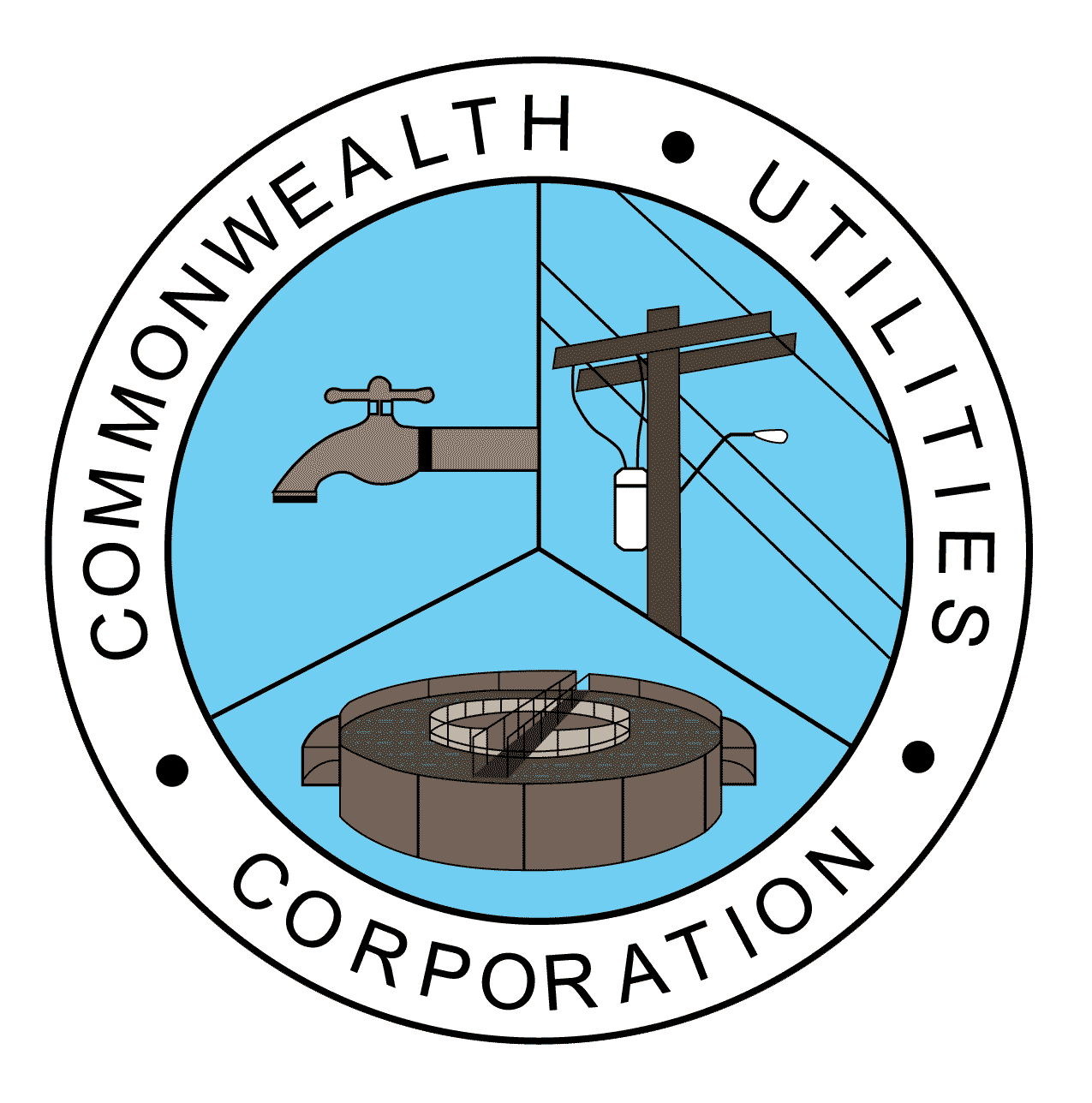Billing disputes need to be made in writing. You can either submit a letter to CUC, or fill in a dispute form available in the Customer Service office. Please be specific as possible when filing your dispute. For example, “My last bill for power usage was for 1500 kWh. However, all my previous bills were never over 1000 kWh, and nothing has changed at my home” is much better than “My last power was too high.” Also, please file your dispute within 60 days of your first indication of a problem. It is very difficult to investigate and resolve problems if they are really old. This is why the regulations require the dispute be filed within 60 days of billing or when you first become aware of the problem. CUC will issue a written response to your dispute within 20 days of receipt. If you are not satisfied with CUC’s response, you can request a hearing by an administrative hearing officer. This needs to be done in writing, within ten days of your receipt of CUC’s response.
